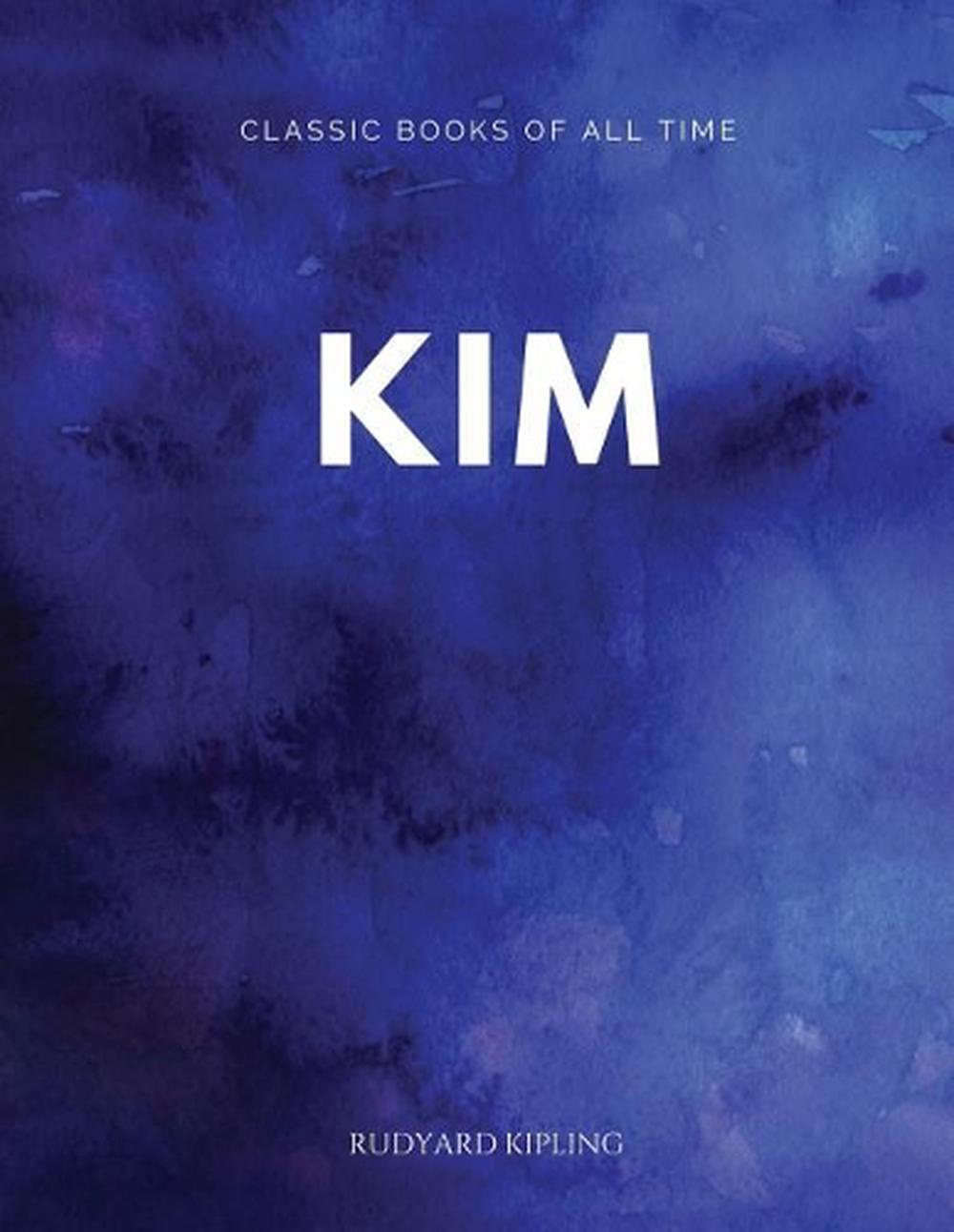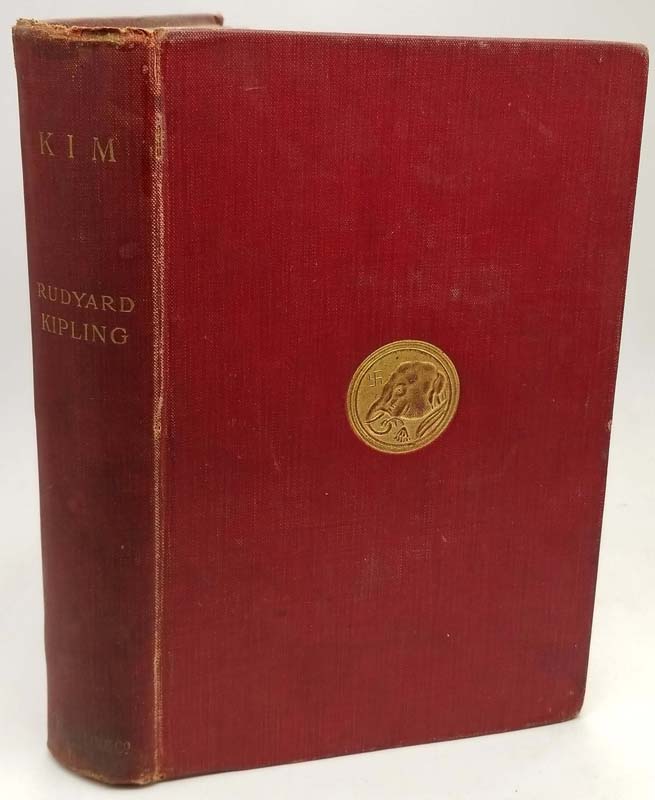
Kipling grew up when memories of the Great Mutiny of 1857 were still fresh in the minds of Europeans. (Kipling began to write Kim in the mid-1890s, when the Game was still very much on.) For the British raj, the Great Game was about much more than the Russian military threat from the north-there was also the threat from within India. The action in Kim notionally takes place from 1878-1882 (or, by another calculation, 1888-1892) when the Anglo-Russian competition was at its height, although Kipling imports characters and incidents from various periods. At the very least, he anticipated many later developments in the organization and conduct of spy craft. Kipling, of course, was in a position to know what the historical record did not show. The number of men carrying out clandestine surveys was very small, probably half a dozen or less at any given time.

There was, for instance, a rivalry between the small British military staff devoted to intelligence, and the Foreign and Political Department of the raj. The covert side of the Great Game certainly did exist, but the centralized organization and method of British intelligence depicted in the book is exaggerated-or at least so the historical record indicates. While the product of his years of journalism in the region, it is important to remember that Kim is a work of fiction. He returned to India eleven years later to work for the Civil and Military Gazette in Lahore, where he covered developments on the North-West Frontier and in Afghanistan, and later for the The Pioneer in Allahabad. In 1871 he was sent to England for his education (a common pattern among Anglo-Indians). He was born in Bombay, the son of a teacher and artist, in the year (1865) that the great Central Asian city of Tashkent submitted to Russia.

Kipling knew of what he wrote, or at least was sufficiently well informed to fill in the blanks for literary purposes. Kim is a classic of the espionage genre-former CIA director Allen Dulles had a well-read copy on his bedside table at the time of his death-but it is also a chronicle in miniature of the Great Game and the ethnography of the Indian subcontinent. For the British at least, this contest ultimately meant the control of India.

His body of work includes the great novel Kim (1901), the story of an orphaned Anglo-Indian boy who is drawn into the Great Game-the geopolitical contest in the 19th century between Britain and Russia for the domination of Asia. Rudyard Kipling, winner of the Nobel Prize for Literature in 1907, is known today as the poet laureate of British imperialism and of the “White Man’s Burden”-titles that are no longer much in fashion, although Kipling’s literary reputation, which was on the wane even before his death in 1936, has recovered in recent decades.


 0 kommentar(er)
0 kommentar(er)
